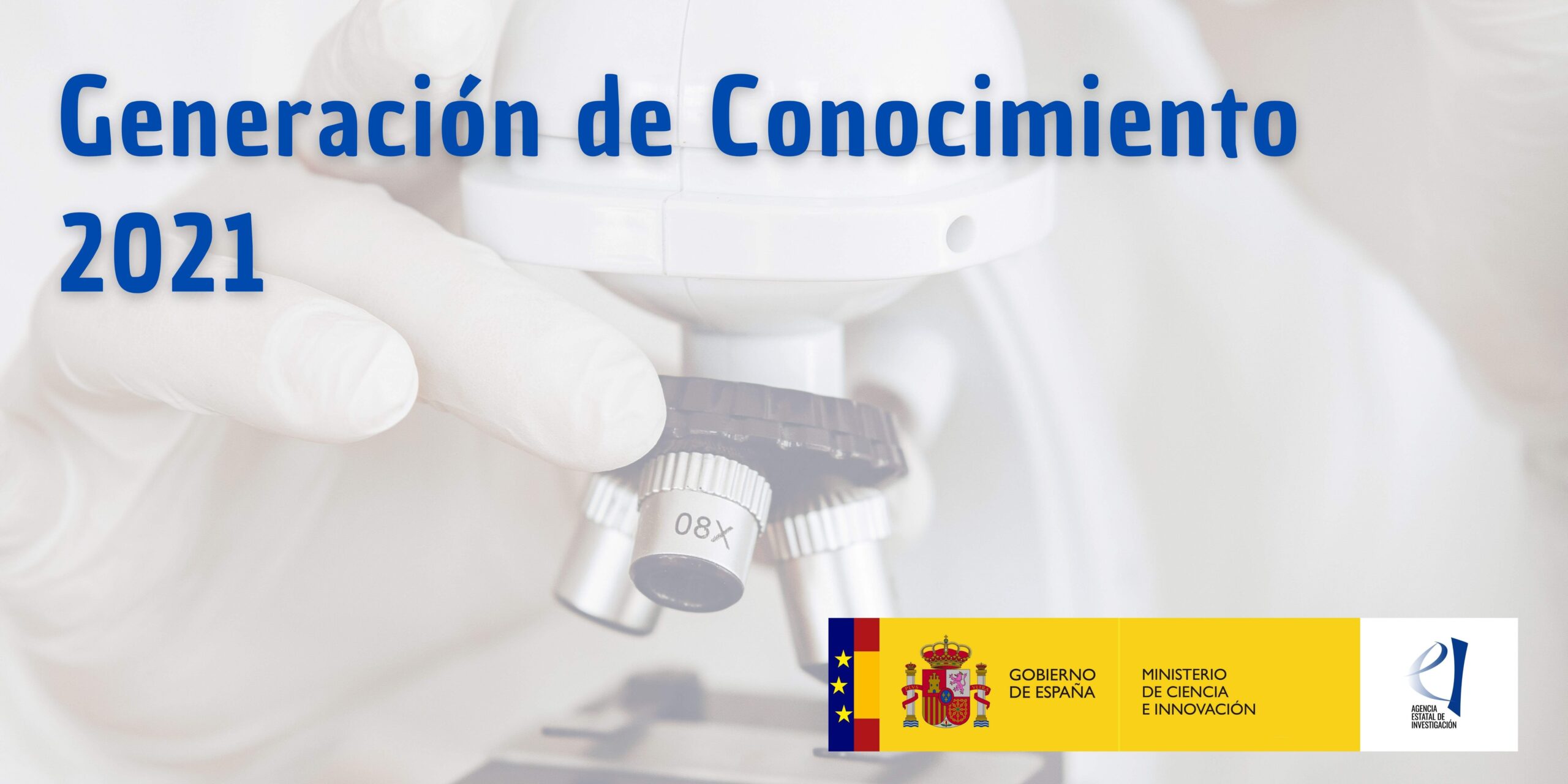Nine research projects of the call “Generación de Conocimiento 2021“ of the Spanish State Research Agency (AEI) will be led by researchers from Agrotecnio and the School of Agrifood and Forestry, Science and Engineering (ETSEA) of the University of Lleida (UdL). The provisional resolution of this call has granted funding to 3,079 projects with a budget of 452 million euros under the State Plan for Scientific and Technical Research and Innovation 2021-2023. The approved initiatives will have a duration of 3 or 4 years and must start their activities, in general terms, on 1 September 2022.
Regarding the projects funded to Agrotecnio and UdL researchers, under the call “Generación de Conocimiento 2021” of the Ministry of Science and Innovation of Spain, nine projects will be initiated, three of them corresponding to the area of animal sciences, five to plant and environmental sciences and one in the area of food sciences.
Animal sciences
Firstly, the Animal Breeding group has been awarded two projects. The first of these is entitled “Deciphering genetic variation of lipid metabolism and implications on meat quality and maternal traits in pigs (LIPMAT)” and will be led by Roger Ros-Freixedes and Joan Estany. The general objectives of LIPMAT are to identify novel genetic variants associated with fat deposition in pigs, to explore the contribution of non-additive effects to their variance and to assess the influence of these variants on fat deposition and maternal traits.
Its second project is “Genetic marker discovery and validation for resilience to infectious diseases in pigs (RESILMARKER)”, by principal investigators Romi Pena and Lorenzo Fraile. The aim of RESILMARKER is to build a panel of genetic markers associated with health resilience in pigs that can be used in selection programmes without compromising productivity and meat quality traits.
On the other hand, the Animal Nutrition and Environment research group has obtained a project. “Study of the effect of heat stress on digestive efficiency and its interaction with the genotype in growing pigs” will be directed by Joaquim Balcells and Gabriel de la Fuente. The goal of this project is to determine the impact of heat stress on the nutritional requirements of growing pigs.
Plant and environmental sciences
In the area of plant and environmental sciences, the “Generación de Conocimiento 2021” call for proposals has funded five projects for different Agrotechnology and UdL groups.
The first of these is “Precision Crop Protection to achieve European Green Deal goals in pesticide use efficiency and reduction using Precision Agriculture techniques (PAgPROTECT)”, by researchers Àlex Escolà and José Antonio Martínez of the AgroICT & Precision Agriculture (GRAP) group. PAgPROTECT pursues the following overall aims: to design more efficient pesticide applications by looking for synergies between Precision Agriculture techniques and proven technologies; and to facilitate the adoption of Precision Crop Protection by scaling up the solutions developed to commercial orchards.
The second project has been awarded to the Agronomy group, which will work on the initiative “Sustainable intensification in Mediterranean field crops systems (SintMed)”. Led by Carlos Cantero, SintMed will seek to evaluate extensive cropping systems in Mediterranean landscapes in order to promote their production and preserve air, soil and water quality. Thus, bioindicators such as pollen quality and insects’ natural enemies, or microbial activity and soil carbon and nitrogen dynamics, among other aspects, will be analysed.
For its part, the Crop Physiology group will develop the initiative “Spike fertility in wheat: role of promising genes, variability within elite material, plasticity and trade-offs”. With researchers Gustavo Slafer and Roxana Savin in charge, this project will aim to quantify and ascertain the physiological basis of genotypic variation in spike fertility within relevant material for breeding determining possible trade-offs and their mechanisms.
The fourth project in this area is entitled “Mediterranean cereal grain systems for healthier soils and enhanced sustainability (GRAIN SYST)”, and will be led by the researcher from the Applied Plant Biotechnology group, Daniel Plaza-Bonilla; and the ETSEA researcher, Maria Rosa Teira. Its objective is to identify management strategies at multi-scale level to improve grain production and soil health in cereal-based organic and conventional cropping systems in a range of Mediterranean conditions.
Finally, a project has been awarded to the Forestry Production group, whose members are also members of the Joint Research Unit between the CTFC and Agrotecnio. The initiative “Climate change driving forest disease in Mountain forests (CLARA)” will be coordinated by Jonàs Oliva and Josu Alday. The main task of the CLARA project is to study how winter climate change may affect the distribution of forest pathogens and their impact on mountain forests in the future.
Food sciences
With regard to the projects funded in the area of food sciences, the Novel Technologies for Food Processing group will carry out the initiative “Advanced physical food processing technologies for improving additive manufacturing of starchy products (ADVANTAM4FOOD)”. Under the direction of researchers Robert Soliva and Pedro Elez, ADVANTAM4FOOD will study the relationship between advanced physical treatment conditions and starch sources for enabling the development of 3D-printing food applications.
The provisional resolution of the call of the AEI “Generación de Conocimiento 2021” is available at the following link: https://www.aei.gob.es/sites/default/files/convocatory_info/2022-06/PRP-PID2021-Texto%2BAnexos_fda.pdf

